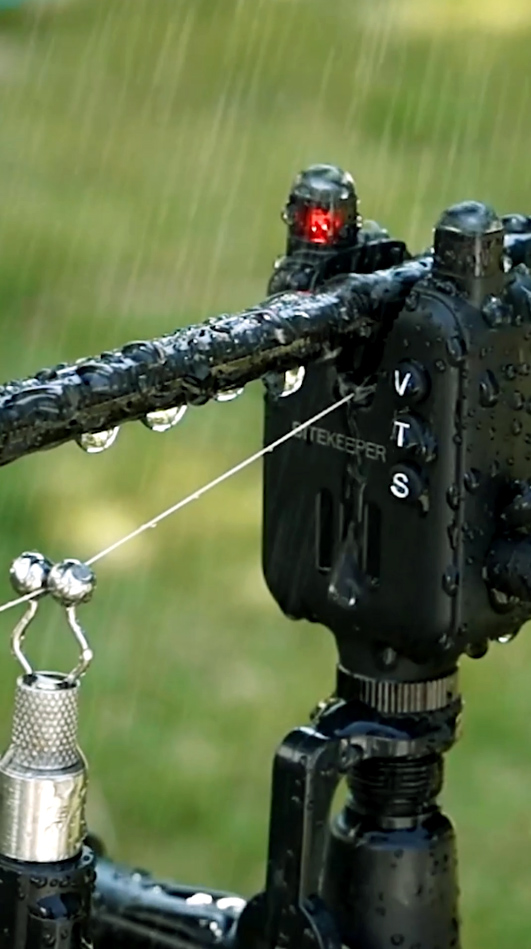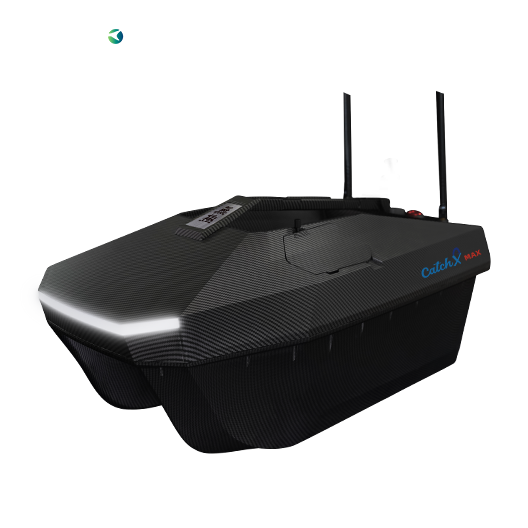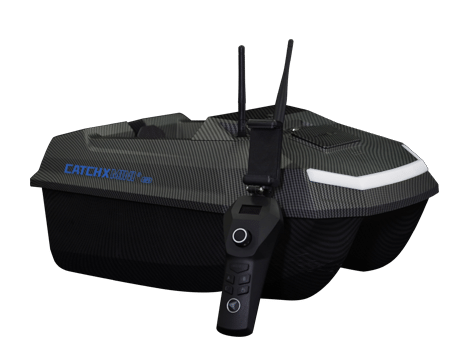Maintenance and Care of Your Fishing Bite Alarms for Fishing
Fishing enthusiasts understand the importance of reliable equipment, and bite alarms play a crucial role in signaling the presence of fish. To ensure your fishing bite alarms stay in top-notch condition and provide consistent performance, proper maintenance and care are essential. In this guide, we'll delve into the intricacies of cleaning, storage, battery replacement, weatherproofing, and address common queries related to bite alarms for fishing.

Cleaning and Storage Your Fishing Bite Alarms
After an exhilarating fishing session, the care you invest in storing your bite alarms can significantly impact their lifespan. As you conclude your outing, use a trusted fishing towel to wipe down the alarms, removing any debris or moisture accumulated during use. To shield them from dust and moisture, store the bite alarms in a cool, dry place, preferably within a protective case or pouch.
Cleaning Process for Bite Alarms
-
Battery and Receiver Disconnection: Begin by removing the batteries and disconnecting the alarms from the receiver.
-
Exterior Wiping: Gently wipe the exterior using a soft, damp cloth to remove surface dirt.
-
Crevice Cleaning: Employ a soft brush or compressed air to clean crevices and buttons, ensuring thorough dirt removal.
-
Avoiding Water Exposure: Prevent direct water exposure or submersion, as excessive moisture can compromise internal components.
-
Air Drying: Allow the bite alarms to air dry completely before reassembling, ensuring optimal functionality during your next fishing venture.
Battery Replacement
Regular inspection of battery levels before each fishing trip is crucial to avoid unexpected disruptions. Consider replacing the batteries annually, using high-quality ones recommended by the manufacturer. For bite alarms with multiple batteries, replace all of them simultaneously to maintain consistent performance. Additionally, always carry spare batteries and remove them when not in use to prevent corrosion.
Weatherproofing of Bite Alarms
For anglers facing diverse weather conditions, ensuring the weatherproofing of fishing bite alarms is paramount. Carp anglers, especially, expose their gear to the elements regularly. Invest in weatherproof alarms or use protective covers to shield your equipment from rain or dew, ensuring they function optimally even in wet conditions.
FAQs on Fishing Bite Alarms
Do You Need a Receiver for Bite Alarms?
While not essential, a receiver is advisable, especially in quiet or nighttime fishing scenarios. This minimizes disturbance to other anglers, providing a quieter alarm head while keeping the receiver closer to the angler for immediate bite indication.
How to Connect Bite Alarms to a Receiver?
Initiate the pairing mode on both devices, following the specific instructions outlined in the user manuals. Typically, this involves pressing certain buttons or performing specific actions to establish a secure connection between the bite alarms and the receiver.
Best Battery for Bite Alarms
Lithium batteries are recommended for their longevity and consistent performance in varying temperatures. Their lightweight nature also appeals to anglers aiming to minimize equipment weight during fishing activities.
Checking If Your Bite Alarms Are Off
-
Visual Inspection: Check for LED indicators or displays, as they are active when the alarms are on and turn off when they are off.
-
Sound Test: Trigger the alarm by tapping the line or causing movement. If no sound is heard, the alarm may be off.
-
Battery Check: Dead or missing batteries can render the alarms non-functional.
-
Function Buttons: Some alarms have power buttons or switches to turn them on and off.
-
Remote Control: If controlled by a receiver, test the remote to ensure the alarms respond.
-
Sensitivity Adjustment: Ensure the sensitivity is appropriately set to trigger alarms during bites.
-
If uncertainty persists regarding the status of your bite alarms, refer to the user manual or contact the manufacturer's customer support for further assistance.
Investing time and effort into the maintenance and care of your fishing bite alarms is a prudent step towards ensuring a successful and enjoyable fishing experience. By following the guidelines provided, you can prolong the life of your equipment, enhance its reliability, and be better prepared for the next angling adventure with Rippton's smart fishing tackles.
























